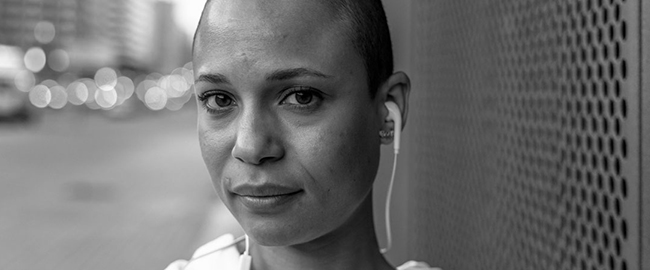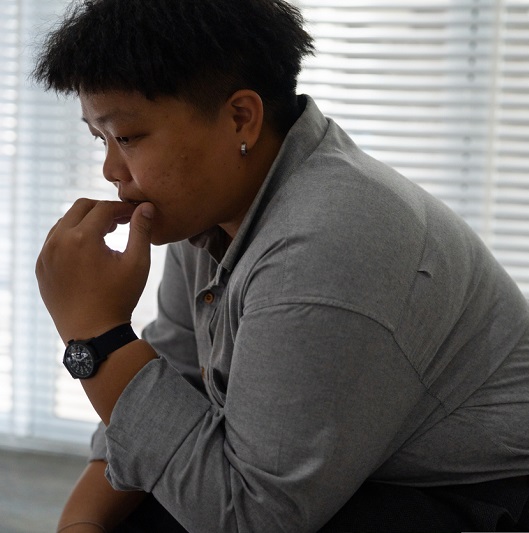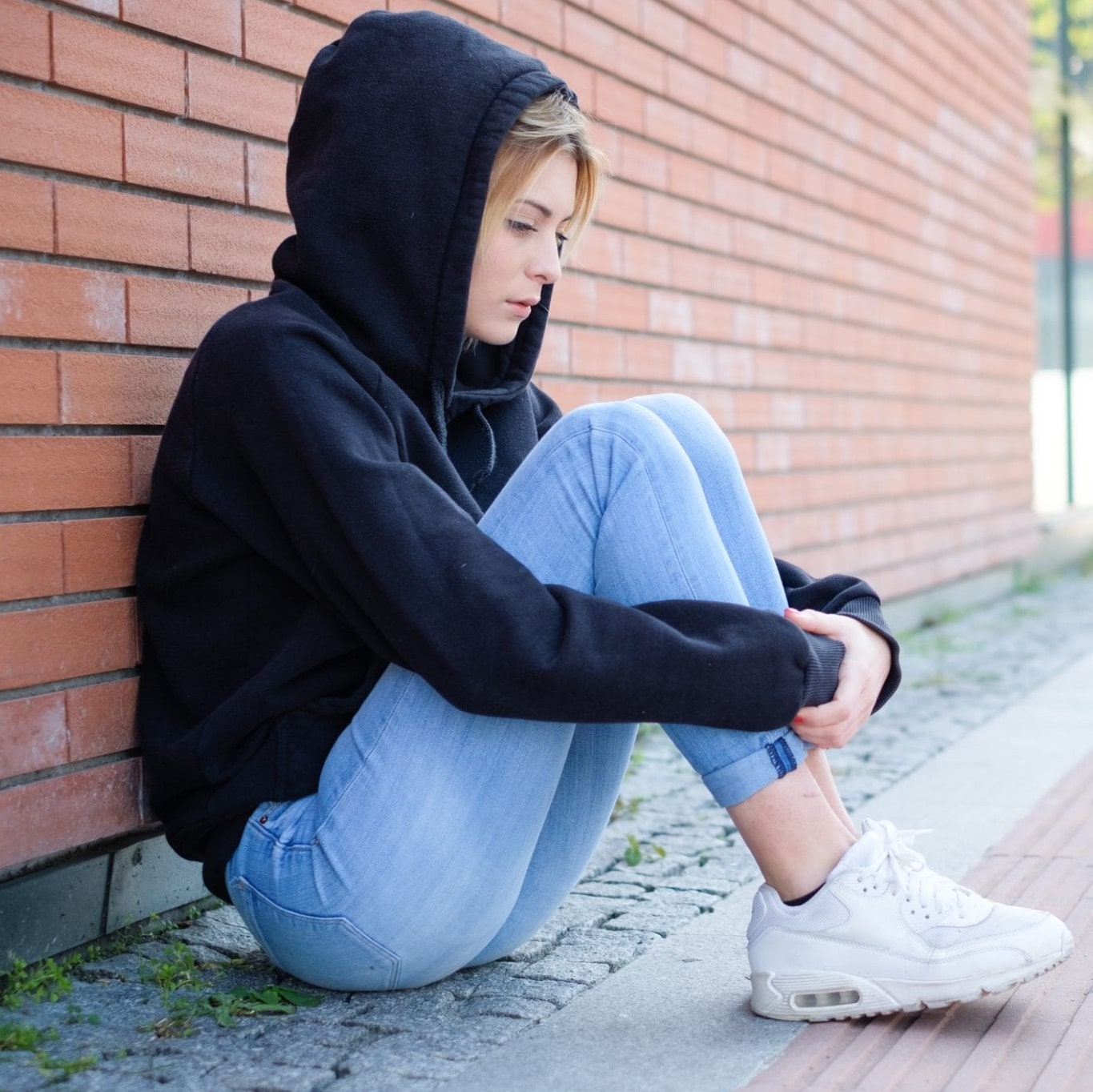Prescription Drug Addiction Treatment
If you are struggling with prescription drug addiction, Blake Recovery Center at Carrier Clinic can help, with effective treatments to help you recover and regain control of your life. At Blake Recovery Center, a not-for-profit provider of addiction and substance use disorder treatment programs located in Belle Mead, New Jersey, we provide evidence-based approaches in a welcoming, comforting environment to guide you on the road to recovery.
If you or someone you know is struggling with prescription drug addiction, seeking professional help can make a huge difference. Call 866-266-1616 now if you are ready to begin a prescription drug addiction treatment program.
The National Institutes of Health reports three classes of prescription drugs that are most often misused:
- Opioids or pain relievers—Hydrocodone (e.g., Vicodin), oxycodone (e.g., OxyContin, Percocet), morphine (e.g., Kadian, Avinza), codeine and related drugs
- Central nervous system depressants—Benzodiazepines or benzos (e.g., Xanax, Valium, Ativan, Klonopin), used to treat anxiety and sleep disorders
- Stimulants—Adderall or Ritalin, used to treat attention deficit disorder and narcolepsy (a sleep disorder)
Prescription drug addiction is a chronic disease that is treatable and can be held in remission through lifestyle changes.
Symptoms of Prescription Drug Addiction
Prescription drug addiction isn't always easy to spot. Common symptoms of prescription drug addiction can include:
- Changes in behavior, such as taking more of the drug than prescribed or using it more often
- Regularly obtaining multiple prescriptions from different doctors or the streets
- Struggling to focus or having memory problems
- Using the drug in higher doses or for longer periods of time than intended
- Taking risks, such as driving while under the influence
- Experiencing feelings of withdrawal when not using the drug
Prescription Drug Addiction Treatment in New Jersey
Prescription drug addiction such as opiate abuse can be an incredibly difficult problem to overcome on your own. Professional treatment at Blake Recovery Center's residential alcohol and substance use disorder treatment facility provides the support and guidance you need to overcome withdrawal, break the cycle of addiction and begin living a healthier, substance-free life.
With professional help, you can:
- Learn to manage cravings and triggers
- Develop healthy coping skills
- Identify underlying issues that may have contributed to your substance use disorder
- Gain access to evidence-based therapies that are tailored for long-term recovery success
At Blake Recovery Center, we understand the unique needs of individuals struggling with prescription drug addiction and provide personalized care in a safe environment designed for healing. We have effectively helped people addicted to prescription and other drugs recover.
Detox for Prescription Drug Addiction
Opiate addiction can have serious effects. Some people have a biological predisposition to prescription painkiller addiction, including opioids, which is not a matter of willpower but a chronic disease.
Treating prescription drug addiction often involves:
- Drug detox
- One-on-one counseling
- Therapeutic group sessions on topics ranging from family dynamics to grief and loss to relapse prevention
- Careful use of medications
- Education both for our clients and for their families
- Rebuilding self-esteem
- Increasing awareness of feelings
- Making lifestyle changes for a future without chemical dependency
If you are concerned about your own prescription drug use or are concerned about a loved one’s prescription drug addiction, the below video can shed light on some of your questions.
After Successful Prescription Drug Addiction Treatment
After you complete inpatient treatment, Blake Recovery Center sticks with you every step of your continued journey toward long-term healing. Following care, our team helps coordinate your transition from inpatient care to outpatient care as you reconnect with your home life.
We offer:
- Individualized aftercare and recovery plans
- Follow-up calls and check-ins after your discharge
- Virtual check-ins for those who have completed our programs
- In-person events for our alumni and their family members
Enter Our Prescription Drug Rehab Center Today
Contact Blake Recovery Center for Our Prescription Drug Addiction Treatment Program in New Jersey
Our prescription drug addiction treatment team is ready to help you achieve recovery. Call us today at 866-266-1616.










